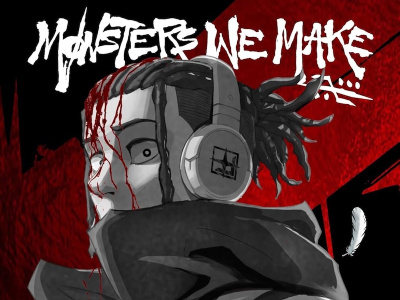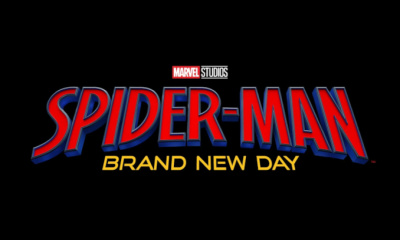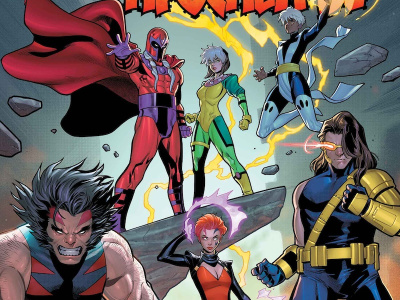
Veteran comic book writer Greg Rucka (Whiteout, Queen & Country, Gotham Central, Wolverine, Wonder Woman), who has won three Eisner Awards, is the latest well-known creator to express discontent with the current direction of the comic book industry and the policies of the Big Two publishers, Marvel and DC, that dominate the industry. In an interview with Mark Millar’s Clint magazine Rucka unleashed a salvo: "I’ve reached the end of my 'Work for Hire' rope. I’m enjoying The Punisher, but that’s not mine, it’s Marvel’s and I knew that going in. I have spent a lot my comics career in the service of other masters, and I have had enough of that for now. I’m sick to death of the way the Big Two treat people."
Rucka notes that just a few years ago, the two major comic book publishers were competing for top talent and trying to sign the best writers and artists to exclusive contracts. But that was then and the situation is far different now according to Rucka, whose Clint interview has been excerpted on the Bleeding Cool site: "Despite what the publishers say, their interest in the talent is minimal now, their interest is only in promoting the financial worth of their properties. This was not the case as of two or three years ago, when there was an exclusives war, but that has all gone by the wayside now. Ultimately they are saying, 'We don’t need you,' because they can get a million more like you."
Rucka sees the lure of Tinseltown and the big bucks that movies can provide as the major force that is eroding the foundations of the comic book industry: "You are seeing a gross Hollywoodization of the two main companies. There was at least a period where I felt that the way they wanted to make money was by telling the best story that they could. Now the quality of the book matters less than that the book comes out. There is far less of a desire to see good work done."
Rucka is the latest in a series of creators who have decided to curtail their work for the two major comic book publishers, though the previous creator critics of the Big Two expressed more displeasure at the treatment of previous generations of creators (and their heirs, see "Roberson Reaction Wide & Deep" and "Another Creator Shuns Big 2 Over Ethical Concerns"). Rucka’s indictment of the industry is centered on the way it is structured today and how it treats contemporary comics creators and their rights.
Of course right now the industry is booming, and many folks are content to ride the wave and not worry about the stability of the foundations of the industry. But policies have consequences that are not always visible right away. The pendulum of power has swung in the direction of the companies and the properties that they hold, but perhaps they are clutching them a little too tightly. Recently bestselling author George R.R. Martin (A Game of Thrones) noted in an interview with MTV Geek that he would love to write a Doctor Strange saga for Marvel, but that he would do so only on the condition that he receive a ironclad contract that would ensure that the story and the characters he created would never be "retconned, rebooted, or re-imagined." This is a demand that appears to be nearly impossible in this age of Before Watchmen, in spite of the ENORMOUS INTEREST that having Martin write a comic book series would bring to the project.







